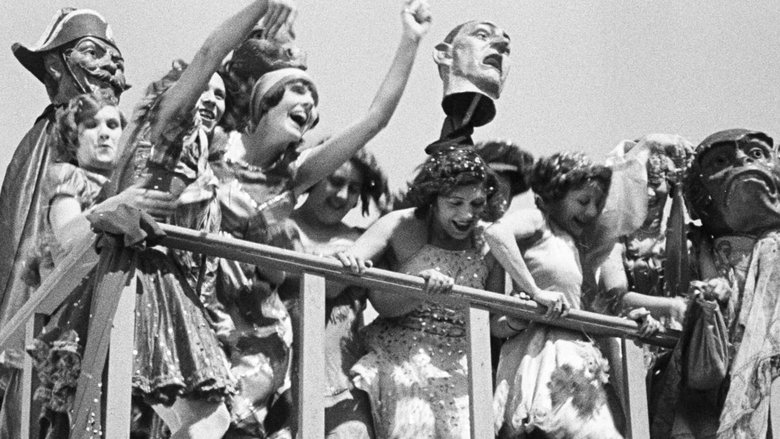À propos de Nice
Genres
Documentary
OverView
What starts off as a conventional travelogue turns into a satirical portrait of the town of Nice on the French Côte d'Azur, especially its wealthy inhabitants.
Others
Budget
$--
Revenue
$--
Status
Released
Original Language
French
Runtime
24 mins
Rating
6.8/10
Release Date
28 May 1930
Country
France

